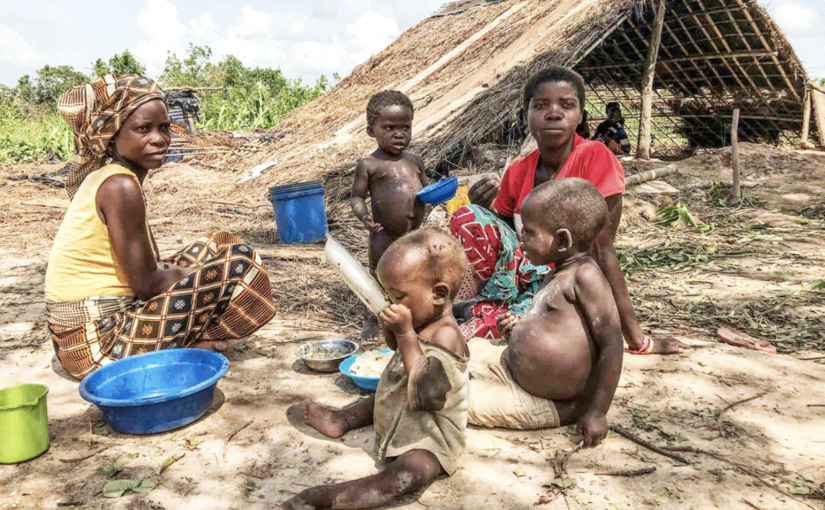Mozambique: Karingani invests 12 million meticais to provide drinking water to more than 4,500 ...
Mozambique: UN agency to hand out 2,800 emergency kits to cyclone Jude victims

File photo: Jornal Domingo
The International Organisation for Migration (IOM) will distribute 2,800 emergency kits to those affected by tropical cyclone Jude in Zambézia and Nampula, provinces in central and northern Mozambique, the United Nations agency announced on Friday.
“Despite the enormous challenges, IOM is on the ground assessing needs and providing vital assistance,” the organisation said in a statement.
Tropical Cyclone Jude entered Mozambique at dawn on Monday, through the Mossuril district in Nampula, and has so far caused at least 14 deaths, 60 injuries and affected 100,410 people in the provinces of Tete, Manica and Zambézia, in central Mozambique, and Nampula, Niassa and Cabo Delgado, in the north of the country.
According to the International Organisation for Migration, the kits, consisting of mats, mosquito nets, blankets and tarpaulins, among other items, are ready for distribution to those affected by the storms.
“Urgent support is needed [in the affected provinces],” added the agency.
Data presented at a press conference by the government spokesman, Inocêncio Impissa, indicates that the number of health centres destroyed by the cyclone has also risen to 30.
The number of families affected remains at 19,961, with 20,244 houses totally or partially destroyed, and 59 schools, 182 classrooms, 17,401 pupils, 264 teachers and 1,262 agricultural areas affected.
Mozambique is in the middle of the rainy season, which runs from October to April, a period in which cyclones Chido and Dikeledi, which also affected the north of the country, have already been recorded.
The cyclones hit Mozambique between December last year and January, with the greatest impact on the provinces of Cabo Delgado and Nampula, affecting around 736,000 people and causing the destruction of public and private infrastructure.
Extreme events, such as cyclones and storms, caused at least 1,016 deaths in Mozambique between 2019 and 2023, affecting around 4.9 million people, according to data from the National Statistics Institute (INE).
The African country is considered one of the most severely affected by global climate change, facing cyclical floods and tropical cyclones during the rainy season, but also prolonged periods of severe drought.












Leave a Reply
Be the First to Comment!
You must be logged in to post a comment.
You must be logged in to post a comment.